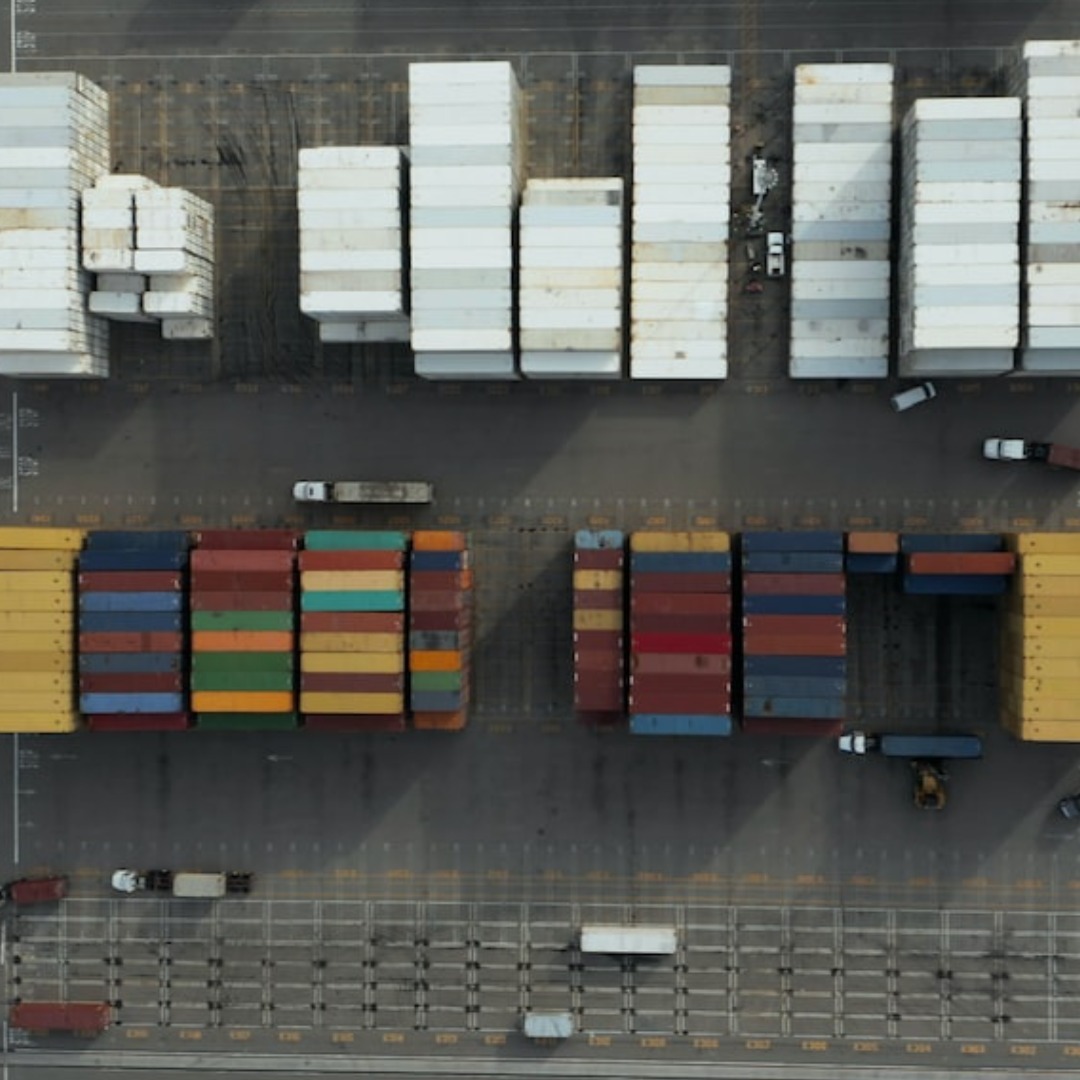Address: Front office : Twin Centre Tower A 6th floor Corner boulevard zerktouni and boulevard El Massira Casablanca Back office : espace ghazwani, Boulevard Ifni, Casablanca
Opening hours :Mon - Fri: 9am-12.30pm and 2pm-6pm Sat: 9am-12pm
Address: Front office : Twin Centre Tower A 6th floor Corner boulevard zerktouni and boulevard El Massira Casablanca Back office : espace ghazwani, Boulevard Ifni, Casablanca
Opening hours :Mon - Fri: 9am-12.30pm and 2pm-6pm Sat: 9am-12pm

Morocco, a country at the crossroads of Europe and Africa, has a dynamic importation sector that plays a crucial role in its economy. Importation in Morocco encompasses a vast range of goods, including energy products, industrial machinery, electronic equipment, wheat, and other foodstuffs. This array of imports feeds into the country’s growing economy, fueling development and fostering international trade relationships.
Morocco’s importation processes have significant implications for its economy. The country’s reliance on foreign goods to support its industrial sectors, as well as the consumption needs of its population, outlines the importance of imports.
Morocco’s top imports typically include:
Understanding the legal and regulatory framework governing imports is crucial for businesses and investors. Morocco has a series of import regulations that align with international standards and has signed numerous trade agreements to facilitate easier movement of goods across borders.
The specifics of import duties and taxes in Morocco vary depending on the product, with certain items like basic foodstuffs and industrial equipment being subject to different rates or exemptions.
Morocco has a diverse set of import partners, including Spain, France, China, the United States, and Germany.
Yes, Morocco imposes restrictions on certain goods such as drugs, weapons, and items that pose a threat to public health, safety, or morals.
Morocco’s import sector has seen a shift towards more industrial goods, reflecting the country’s industrialization and economic development strategy.